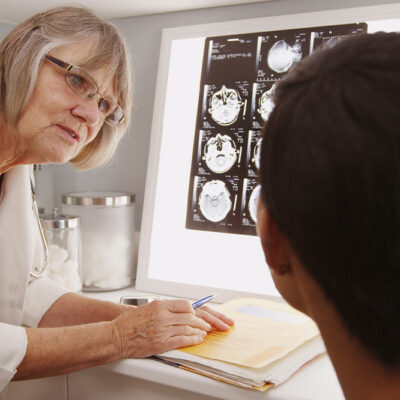
6 common breathing mistakes to steer clear of
Breathing is an essential function that occurs naturally and effortlessly. It is automatically monitored and regulated by the body and does not require constant intervention. However, many significant circulatory and metabolic functions depend on respiration. So, one must occasionally analyze how they breathe and look for irregularities. Experts have identified a few mistakes people make that affect their breathing and respiratory function. Individuals should avoid these breathing mistakes as far as possible. Breathing through the mouth It is common for people to inhale from their mouths without even realizing it. However, experts suggest breathing using the nasal passage. This passage has filters that clear out debris and allergens and humidify the air before it enters the lungs. Getting anxious about breathing Some people closely monitor every breath they take. Respiration is a process closely regulated by the body and requires no major intervention. Therefore, breathing should be monitored only when one experiences respiratory problems like shortness of breath or chest pain. Not using the diaphragm The best way to absorb oxygen is by using the diaphragm muscle located above the stomach. The American Lung Association recommends this technique as it creates negative pressure in the chest and enhances airflow. With training, it is possible to use the diaphragm for regular breathing.
Read Article... 











